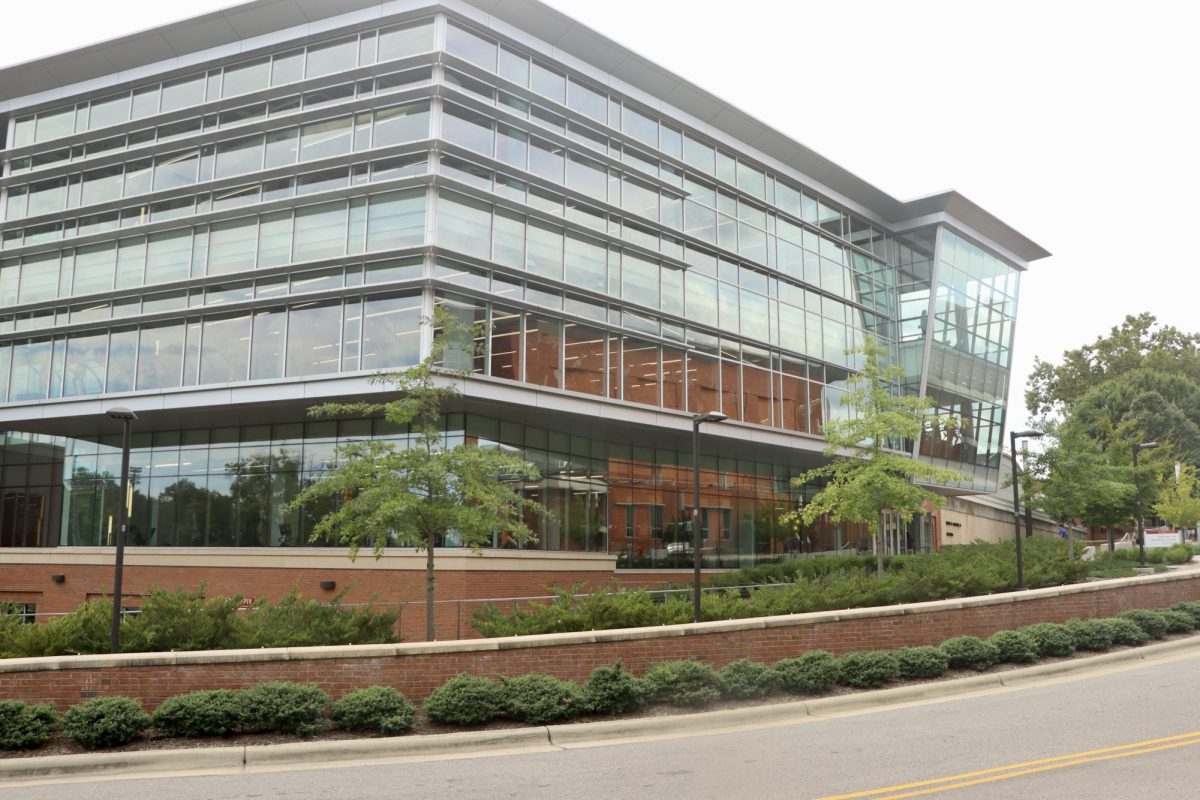It should not surprise anyone that people are using the Internet to get information about medical conditions. The New York Times found the phenomenon interesting enough to write a feature. Frankly, I find it interesting too. Not that people are using the Internet, but that the Internet may one day replace a good percentage of foot traffic in doctor’s offices and hospitals.
The article in the Times gives examples to several people who used the Web for guidance. Most said the experience was good, only one said it was overwhelming.
Surprisingly, the doctors interviewed seem to have a positive view of Googling diseases and symptoms – one doctor said he encourages a conversation between the doctor and patient while the Web research is going on.
None of them say the Internet could replace medical professionals though. And none of the patients interviewed used the Web for more than information retrieval after they’d been diagnosed.
I know I can’t be the only person on the planet who’s had a personal run-in with Internet versus doctor syndrome. An old roommate of mine who had a nasty lesion and infection on his leg diagnosed himself with “well it’s not MRSA (Methicillin-resistant Staphylococcus aureus)” last summer using the Internet. I’ve even diagnosed a couple friends with “Not MRSA” online with WebMD.com’s symptom checker.
I suggest that everyone go play with it. Sometimes it can be a bit screwy. For example: Choosing the symptoms “Craving Alcohol” and “Apathy” leads to “Cocaine Abuse,” not “Senioritis.” And there is no urgent message to see a doctor if the user chooses “Bleeding in Eye” or “Coma.”
Besides MRSA and cocaine, however, sites like WebMD really do affect the way we approach our medical care. That personal run-in I mentioned crossed the line from the post-diagnosis Googling that the Times article mentions to the self-diagnosis side. And it wasn’t just a cut or toenail infection.
When I was 13, I saw several doctors about a certain symptom that I was experiencing. All of them said something along the lines of “I don’t know.”
Those answers weren’t good enough for me, since, at 13-years-old, everything from cancer to some weird genetic disease was going through my head. So I turned to the Web and I found a perfect match. It was a precancerous disease.
And, when I presented it to my doctor a few days later, she set me up with a specialist, they did a biopsy, told me I was right, put me through surgery and sent me on a bunch of super-fun visits to the oncology ward for the next five years.
So, will doctors ever be deemed unimportant? Of course not. But the Internet will only continue to gain a medically minded audience.
It will be interesting to see the consequences of Web dependency in matters of personal health and wellness. Fortunately, mine was positive. It may even have saved my life. But as more people flock to the Web first, more people may decide to skip the doctor.
And then what if it’s not “Not MRSA?”
E-mail Taylor about your Internet medicine experiences at [email protected].




